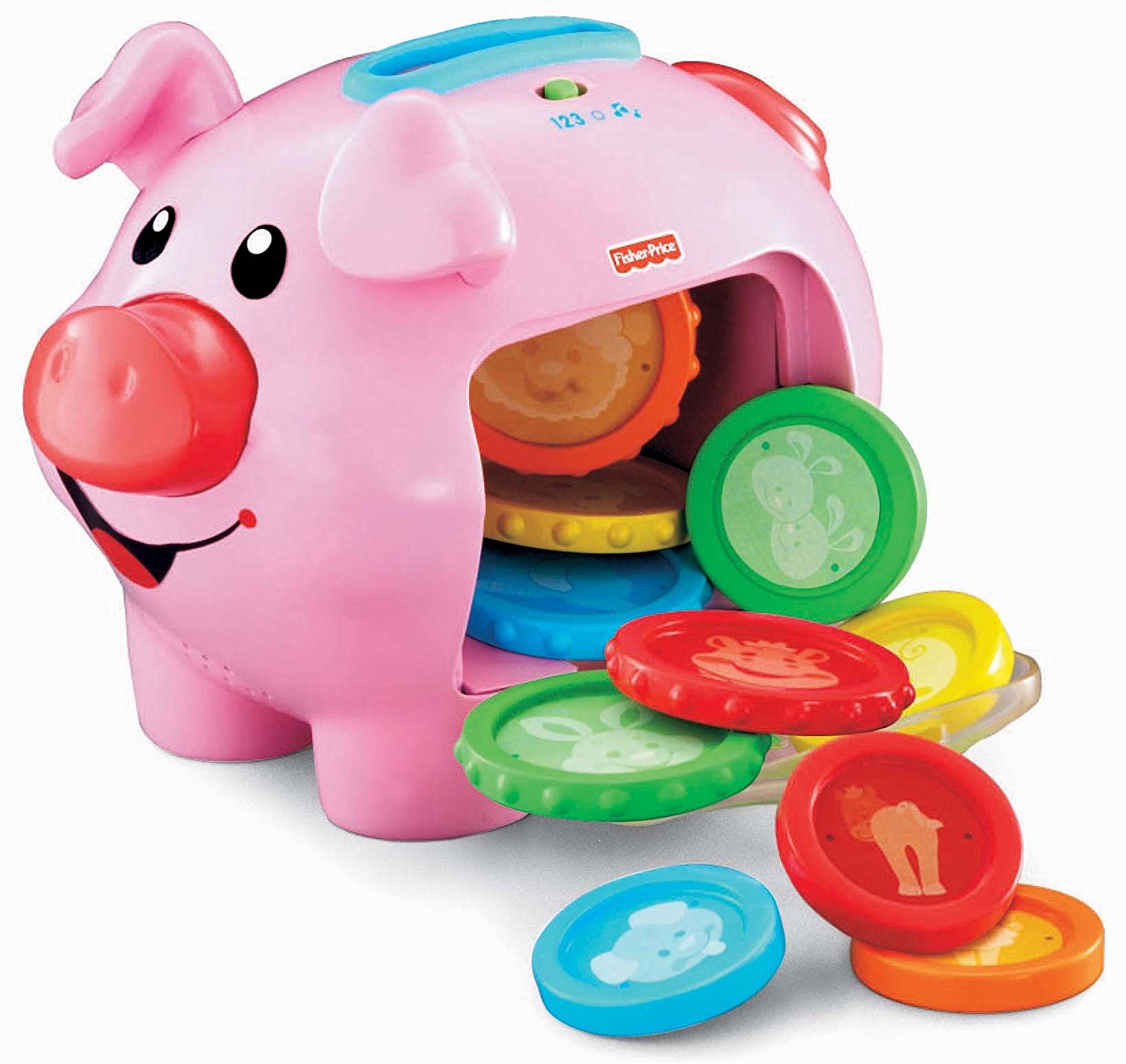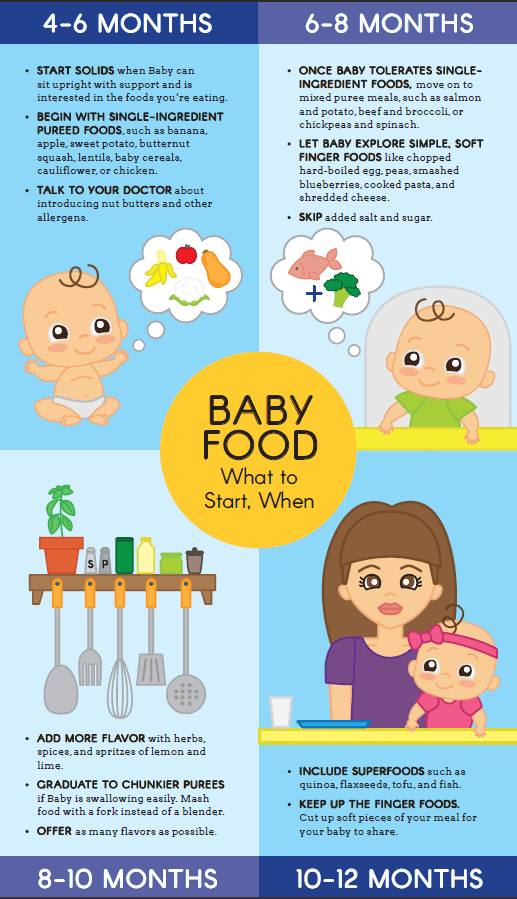During the first 4 to 6 months when your baby isnt eating any solids heres a simple rule of thumb. For example if your baby weighs 6 pounds youll give her about 15 ounces of formula in a 24-hour period.
 How Many Ounces Should A Newborn Eat
How Many Ounces Should A Newborn Eat
Another way to express this rule of thumb is that the average baby takes 2 or 3 ounces of formula each day for every pound of body weight up to a maximum of 32 ounces.

How many ounces should a baby eat. Give your baby more if he or she is showing signs of hunger. Will take an average of 14-21 ounces of formula in a day. Babies may solely absorb an oz.
Up to 2 weeks of life5 oz. A 4-month-old weighing 14 pounds needs 28-32 ounces. By six months.
5 rows Age Ounces per feeding Solid foods. On average your baby should take in about 2½ ounces 75 mL of formula a day for every pound 453 g of body weight. Your newborn will likely gain about 4 7 ounces per week in the first month and as you enter the Maintenance Phase of your lactation journey.
Most newborns eat each two to three hours or eight to twelve times each twenty-four hours. Thats 20 to 25 ounces per day for a 10-pound baby. This amount increases as your baby grows and is able to take more at each feeding.
Around this age they should be drinking roughly 7-8oz about 3-4 times a day. If youre worried about whether your baby is eating enough or too much the best advice is to look for and respond to signs that your baby is full. The Maintenance Phase 4 Weeks to 12 Months.
Here we can see that most babies eat between 24 710 ml and 30 oz 887 ml. Also around this time your babys stomach has grown to about the size of an egg and can now hold between 80 150 mL or 2 ½ - 5 ounces per feeding. After one month of age the minimum reported daily intake for was 16 oz 473 ml and the maximum was 48 oz 1420 ml.
Most infant formula-fed newborns will feed 8. The truth is every baby is different and theres no set amount of food thats appropriate for every baby at every stage. The overall average intake for babies across the first year was 268 oz 7925 ml.
Per feeding for the primary day or two of life. At about 2 months your baby may be taking 4-5 ounces 120-150 milliliters at each feeding and the feedings may be every 3-4 hours. You can start by offering your baby 1 to 2 ounces of infant formula every 2 to 3 hours in the first days of life if your baby is only getting infant formula and no breast milk.
Feed your baby 25 ounces for every pound the baby weighs per day. Fruit juice is not recommended under 1 year of age. Below is a chart showing how the results were distributed.
As a rule of thumb you should aim to feed your baby 25 ounces of formula per pound of body weight daily says Amy Lynn Stockhausen MD an associate professor of general pediatrics and. When introducing juice offer 100 pasteurized juice and limit it to 46 ounces per day. However dont be surprised if they move towards dropping a milk feed.
But he probably will regulate his intake from day to day to meet his own specific needs. A baby should be having 24 to 32 oz of formula a day at this stage. A newborn weighing 7 lbs.
Infants should drink breast milk andor formula for the first year of life. On average a newborn drinks about 15-3 ounces 45-90 milliliters every 2-3 hours. However subsequently can sometimes drink one to two ounces at every feeding.
Breastfed babies may feed every 3-6 hours. In the first days then 13. Your baby will consume 6 to 8 ounces 180240 mL at each of four or five feedings in twenty-four hours.
Begin offering breast milk andor formula in a cup starting at 6 months of age. Offer 25 ounces of formula per pound of body weight each day with a maximum of about 32 ounces daily. As a rule of thumb infants under 6 months who havent yet started solids will take in 2 to 2 12 ounces of formula per pound of body weight within a 24-hour period.
5 rows Here is a trick.


























:max_bytes(150000):strip_icc()/85770604-56a0597c5f9b58eba4b00112.jpg)




/how-to-clean-baby-toys-3255899-06-9dd2c06e32204bd9997992130ea146a5.jpg)